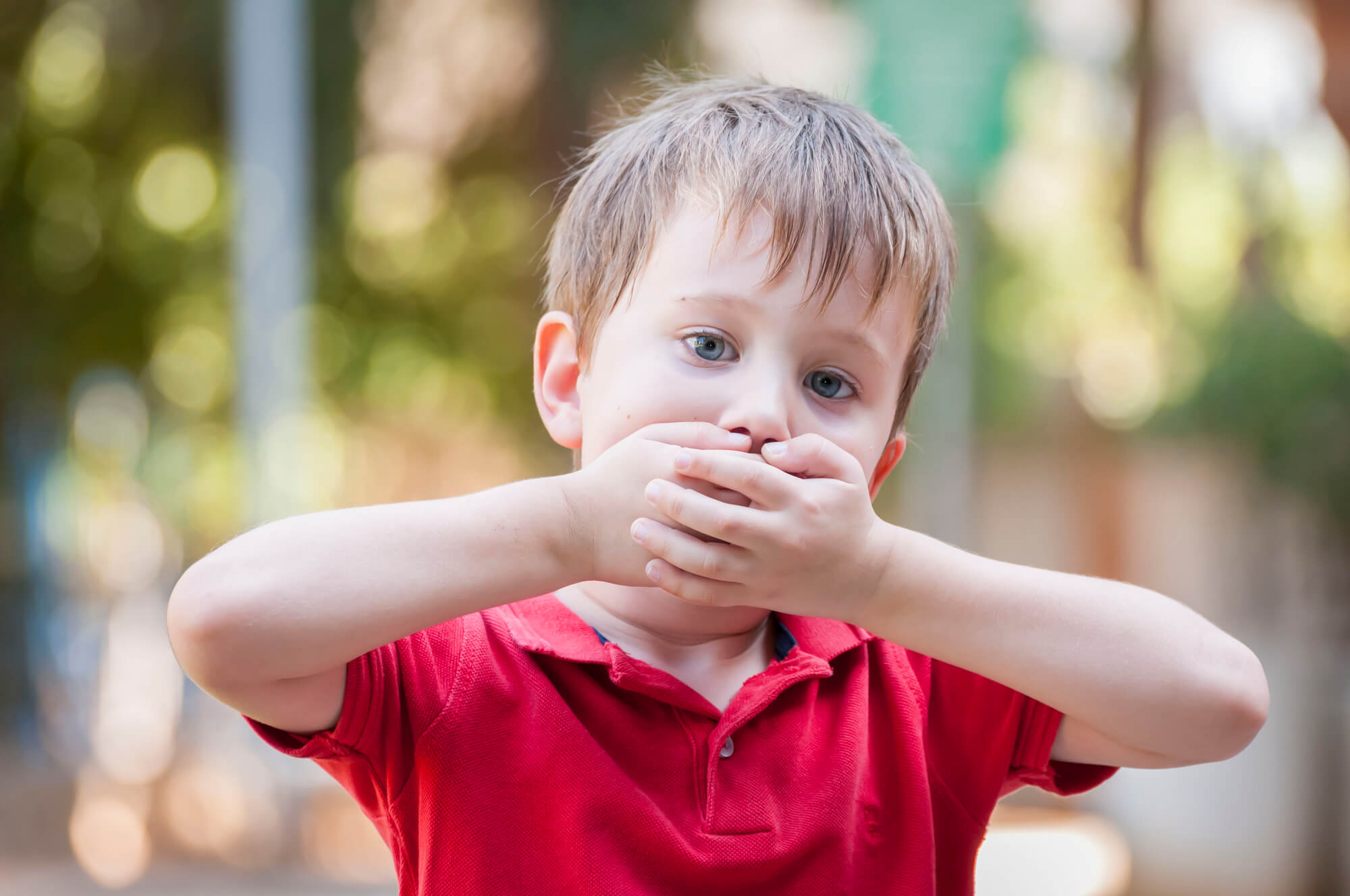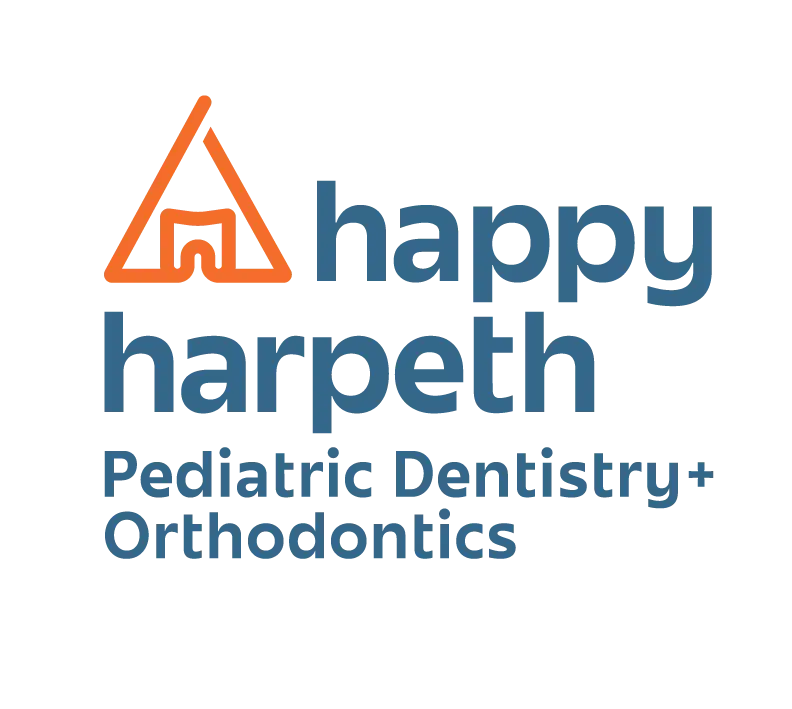Hearing your kid’s first words is wonderful, even if they aren’t yet very adept. With time, however, their speech should become better. If they don’t, you will feel tempted to reach out to several professionals, and a pediatric dentist in Smyrna, TN, is someone you shouldn’t overlook.
Speaking involves synchronizing several body components, such as the head, neck, chest, abdomen, and teeth. Your kid’s mouth plays a big role in their pronunciation and speech abilities, and when there’s a problem, a pediatric dentist may be able to help pinpoint the root cause and provide possible solutions to solve it.

What Are Speech Disorders?
Speech is the method by which people express their ideas, feelings, and thoughts to others. It allows us to communicate our needs, build long-lasting bonds with others, and grow in life. Because communication is so important, speech problems can be very harmful to your kid, even early on.
Any ailment that impairs a person's capacity to generate the sounds that make words, such as ataxia and stuttering, is considered a speech disorder. Speech problems impact a person's capacity for interpersonal communication.
They are not the same as disorders of language, though. While speech disorders are associated with the ability to form and express sounds, language disorders refer to difficulty understanding and expressing language.
Nevertheless, both speech and language disorders affect a child’s ability to share their thoughts and feelings with others. Several factors can cause a speech disorder, like an injury to the muscles, vocal cords, and other vocal structures, like your mouth.
Your teeth, specifically, play a big role in your speech capabilities.
Missing Teeth and Speech Disorders
Missing teeth can affect the articulation and quality of your speech, as teeth play an integral role in producing sounds. The structure and shape of the mouth change when teeth fall out, making some sounds more difficult to enunciate.
Some ways in which teeth impact the production of speech are:
- Giving the tongue, lips, and cheeks hard surfaces to press against to produce sounds
- Controlling the release of air pressure and directing airflow for sounds
- Permitting the elongation of consonants such as "s" and "f"
- Helping to shape and position the mouth to produce vowel sounds
- Using a chewing action to support the words' steady syllable rhythm
When teeth are lost, all of these vital speech-production processes are hampered. These crucial processes for producing speech are compromised when teeth are lost. This can cause several speech problems, such as:
Lisping
When someone has a lisp, sibilants like "s," "z," "sh," and "zh" are difficult to pronounce. It gives the speech a "slushing" sound characteristic and is frequently caused by missing anterior teeth.
Mumbling
Missing teeth can cause decreased tongue stability and a lack of rhythmic chewing motion, which makes words less articulate. As a result, speech may sound slurred or mushy, making communication difficult.
Monotone Speech
Speech can become monotonous and lack tone variation if there are no surfaces to push against or transition between. It loses the greater range of sound modulation that teeth support.
Whistling Sounds
When there are gaps between teeth, air may cause a whistling sound when it passes through, especially when articulating sibilants.
Changes in Pronunciation
Word mispronunciation can result from missing teeth since they change the form and feel of the mouth, particularly when it comes to certain vowels or consonants.

Cleft Lip and Palate and Speech Disorders
Cleft lip is a structural abnormality where the upper lip has an opening that may reach up into the nose. Another anatomical abnormality in which the palate (roof of the mouth) is partially or completely open is called a cleft palate.
Both disorders can develop simultaneously or independently and arise when these tissues do not fully fuse during fetal development. Children who have a cleft lip or palate typically have the following issues:
- Limited sound development
- Lack of lingual (t,d,k,g) and labial (p,b) speech sounds
- Primarily use glottal articulations (h) to communicate
This problem can be treated with speech therapy or surgery.
Tongue-Tie and Speech Disorders
Tongue tie happens when the membrane that joins the underside of the tongue to the bottom of the mouth causes limited, difficult mobility. Kids with tongue ties have trouble pronouncing "t,d,n,l,s,z." Still, most of them can modify their tongue movements to enunciate sounds. This becomes apparent only when they’re speaking quickly.
Speech therapy and surgery are options for people with tongue ties who have issues.
Mouth Breathing and Speech Disorders
Mouth breathing is a sleeping practice caused by habit, drooping of the face muscles, or upper airway obstruction. It can lead to improper movement of the face, tongue, and lips and changes in the development of orofacial tissues.
This causes a lisp and difficulty pronouncing "p,b,m, f,v,s,z" sounds. Some strategies for fixing mouth breathing are:
- Practicing breathing in and out through your nose
- Keeping your nose clean
- Reducing stress so you don’t gasp for air with your mouth
- Using a larger pillow to prop your head up when you sleep
- Getting a custom mouthguard and protecting their smile
Malocclusion and Speech Disorders
Malocclusion and misaligned teeth can hamper a kid’s speech abilities. Teeth in the wrong positions won’t provide the support the tongue needs to pronounce certain sounds. Additionally, a crowded mouth may not provide enough space for the tongue to move freely.
Braces can greatly improve speech by addressing gaps, crowding, malocclusion, and different bite problems. As the teeth align, the tongue moves more easily, enhancing articulation and lessening speech barriers.

Learn About Speech Disorders from a Pediatric Dentist in Smyrna, TN
Consonants, vowels, sound transitions, and rhythmic syllables—all essential elements of coherent, understandable speech—are largely shaped by teeth. Because of that, having trouble pronouncing certain words is very common among children.
If this problem persists, it may indicate your child needs a check-up at Happy Harpeth Pediatric Dentistry. Whether getting braces or recommending an oral surgeon, we’re qualified to help your kid fix their speech issues. Reach out if you have additional questions!





